BMW to start iX3 series production in Debrecen in October
BMW is entering the next stage of its electrification strategy. From the end of October, the iX3 will be built in Debrecen, Hungary, marking the start of the Neue Klasse series. The BMW plant in Debrecen had been producing test vehicles for the first model of the Neue Klasse since 2023 and kicked off pre-production of the iX3 earlier this year.
According to the carmaker, the facility was digitally planned. Every process was tested in a “virtual factory”, allowing production lines to be installed with “pinpoint precision.” The digital twin approach also shortened ramp-up times and enabled early validation of complex processes, says BMW. Autonomous logistics systems – including electric tugger trains and Smart Transport Robots – ensure an all-electric material flow across the production halls.
CO₂ reductions in paint shop and beyond
The fully electrified paint shop is central to the plant’s sustainability strategy, as the German OEM explains. Traditional systems require gas-fired ovens to reach up to 180°C. At Debrecen, all heat demand is met electrically, cutting annual emissions by up to 12,000 tonnes of CO₂e.
Energy is supplied in part by a 50-hectare photovoltaic array, which generates around 45 GWh of electricity annually – about a quarter of the plant’s total demand. Surplus solar power is stored in a thermal reservoir holding 1,800 m³ of water with a capacity of 130 MWh. Combined with heat recovery from compressed air, cooling systems and drying ovens, the design reduces paint shop energy demand by a further ten per cent.
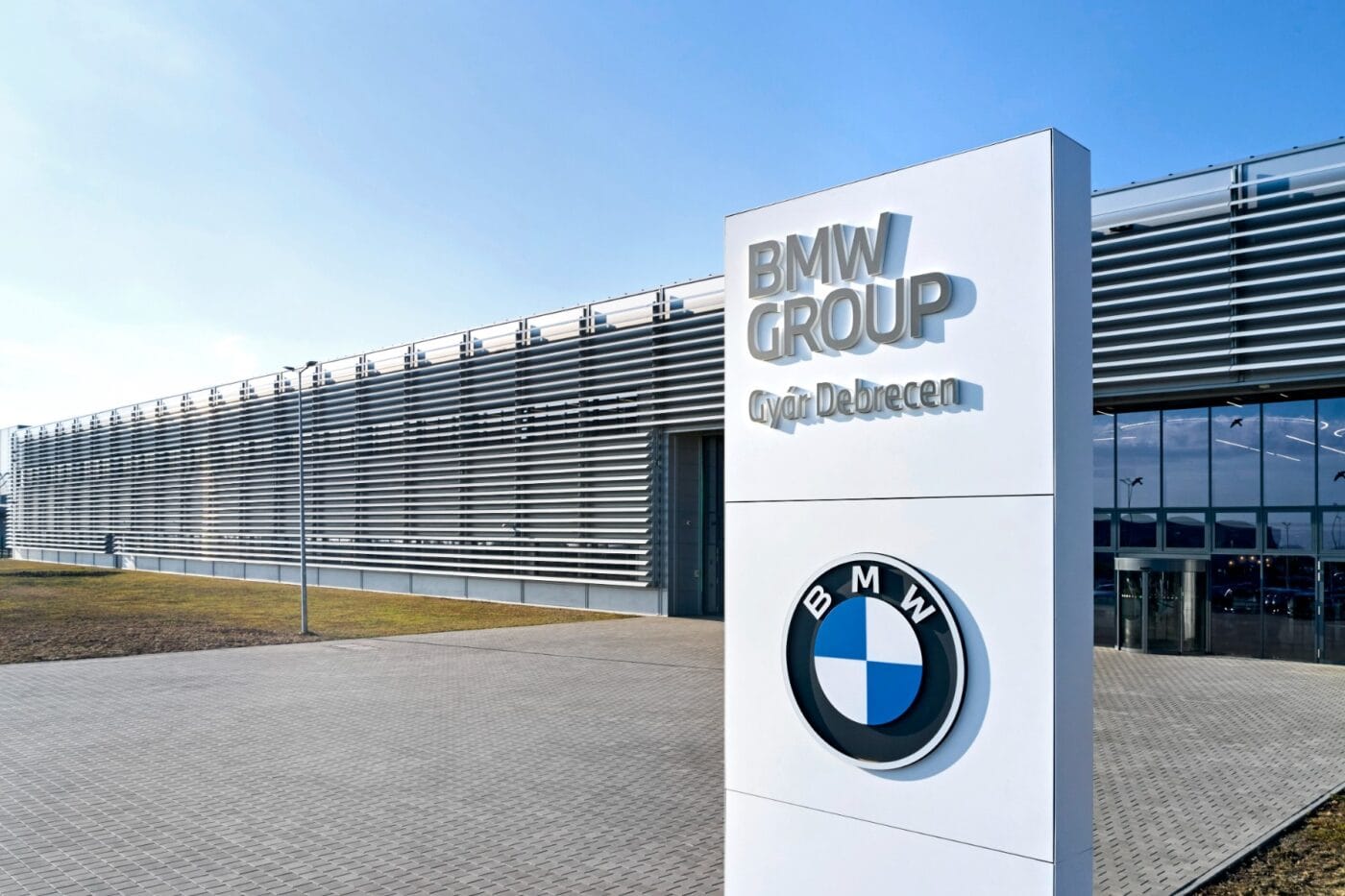
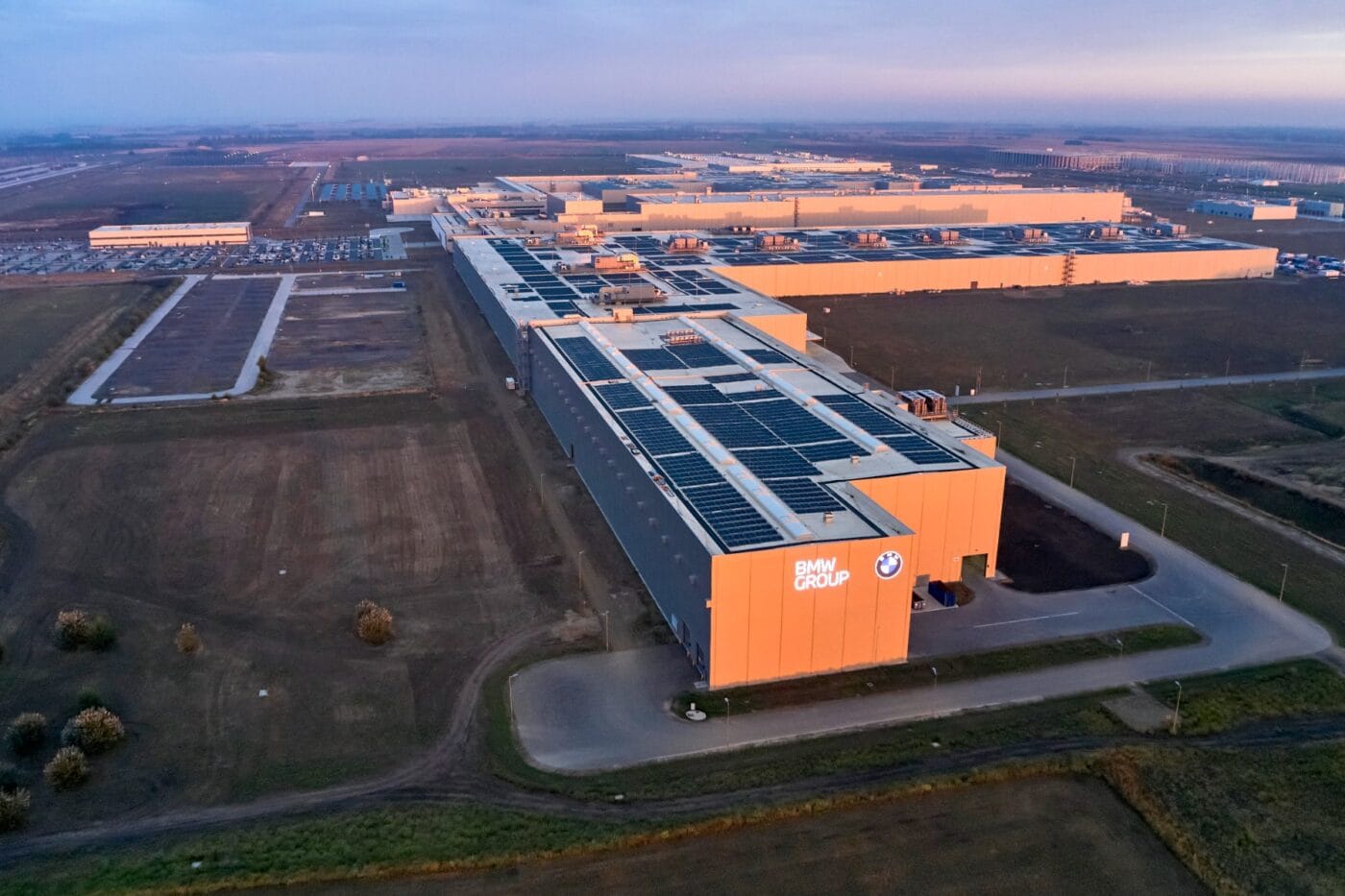
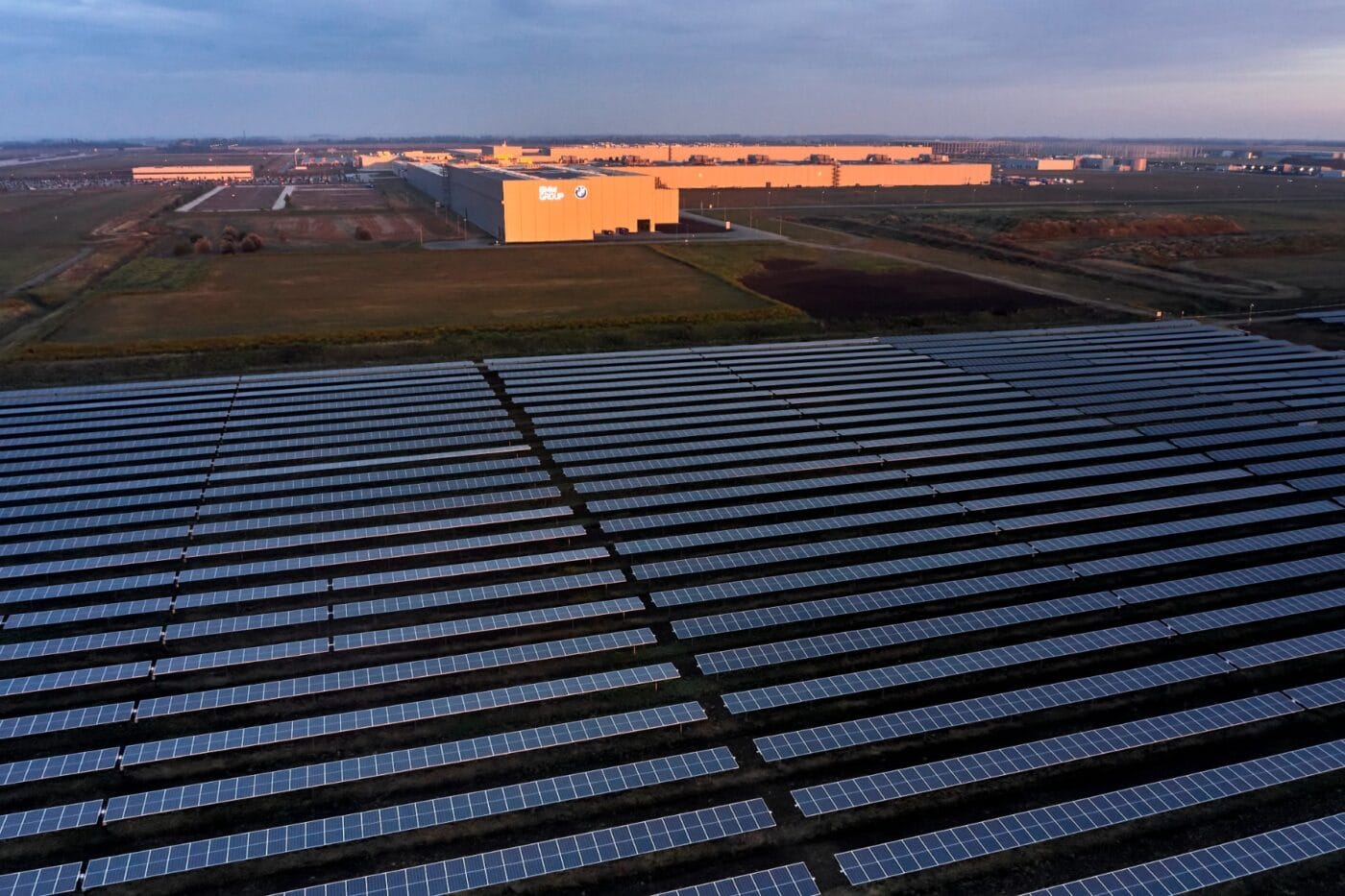
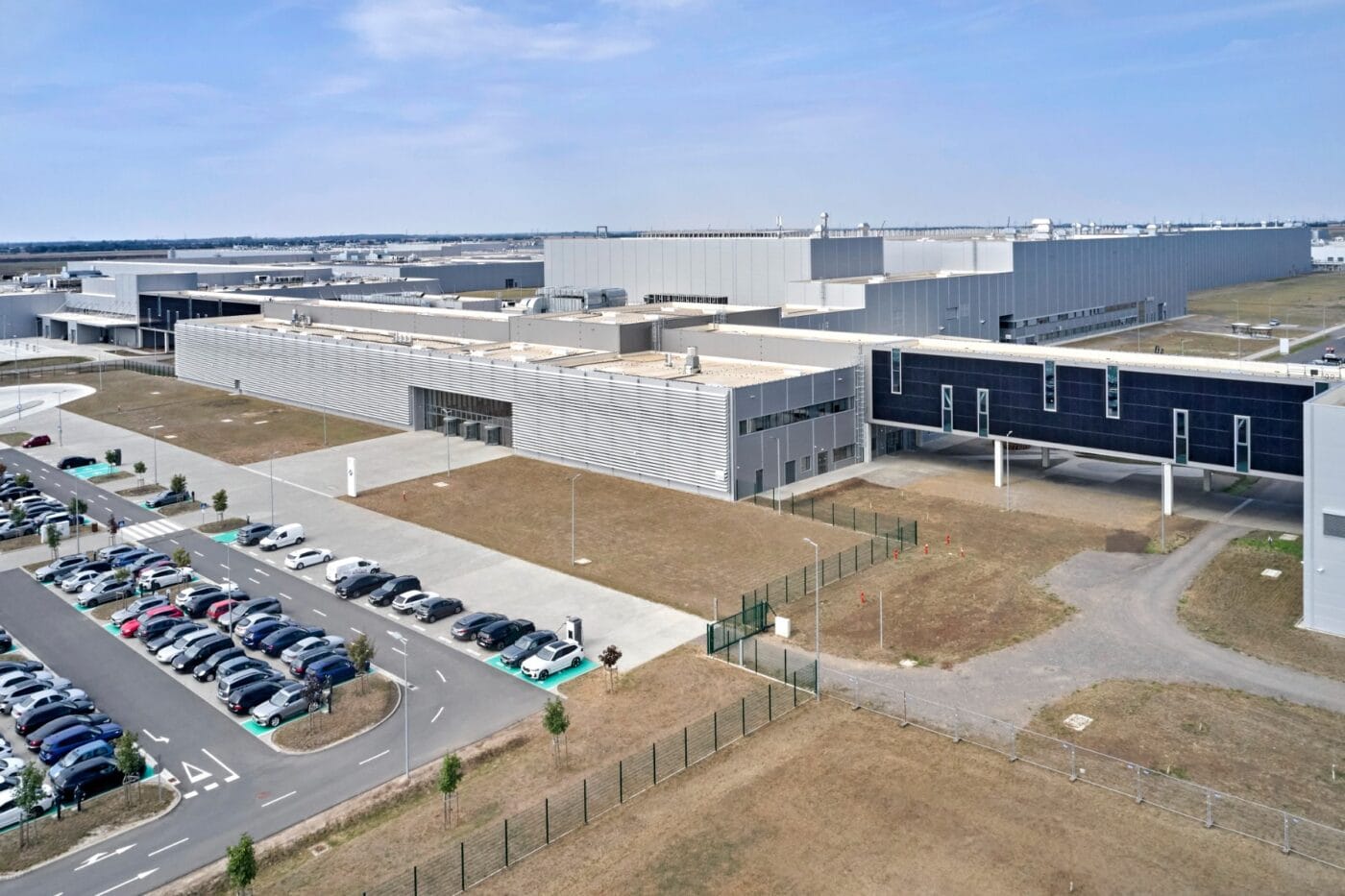
All that explains why and how the new iX3 can offset its CO2 footprint from production and become cleaner than a combustion engine model after just 20,000 kilometres. BMW presented these values in August, just ahead of the EVs launch at the IAA Mobility in Munich.
Innovations in press shop, body shop and assembly
Back to the plant in Hungary: the press shop is equipped with servo-driven lines capable of producing up to 10,000 parts per day. Steel and aluminium coils weighing up to 30 tonnes are fed into coil lines, cut at up to 80 strokes per minute, and formed into body parts at press speeds of up to 18 strokes per minute. An overhead crane system manages tool changes, while crossbar feeders transfer blanks between stages automatically.
At full capacity, the shop generates up to 60 tonnes of scrap per day, BMW states. This material is transported on a 300-metre conveyor, separated by alloy type, and returned to suppliers in a closed loop to be re-melted into new coils. Quality control is handled by high-resolution cameras and AI comparison with stored references, identifying surface fissures in real time.
The body shop operates with nearly 1,000 robots, their positions optimised through simulation. Digital planning reduced the number of joining techniques, cutting complexity while increasing efficiency. The structure of the iX3 integrates invisible door seals and expanded battery housing, maximising installation space and performance.
Assembly benefits from a “finger structure” layout that reduces in-plant transport distances. Around 80 per cent of parts arrive directly at their point of use on the line. Fully electric tugger trains deliver high-voltage batteries, while autonomous robots supply smaller components. The logistics system is digitally connected across internal and external databases, enabling real-time monitoring and analysis.
Battery production and vehicle integration
The iX3 will feature BMW’s Gen6 eDrive technology, developed in Steyr, Austria. And Debrecen will be the first of five BMW plants worldwide to produce sixth-generation (Gen6) high-voltage batteries. The round-cell format increases volumetric energy density by over 20 per cent and reduces overall pack weight by around 10 per cent.
The Munich-based company presented more details about the Gen6 electric drives at the beginning of the year. Vehicles are expected to achieve up to 805 km (500 miles) WLTP range and recover 372 km in ten minutes at 800-volt fast-charging stations. The e-drive uses an externally excited synchronous motor EESM, like BMW has done with previous generations. However, it has been further developed to be optimised for the new 800-volt architecture. According to BMW, the oil and water cooling systems have also been completely redesigned and the housing is lighter yet more rigid.
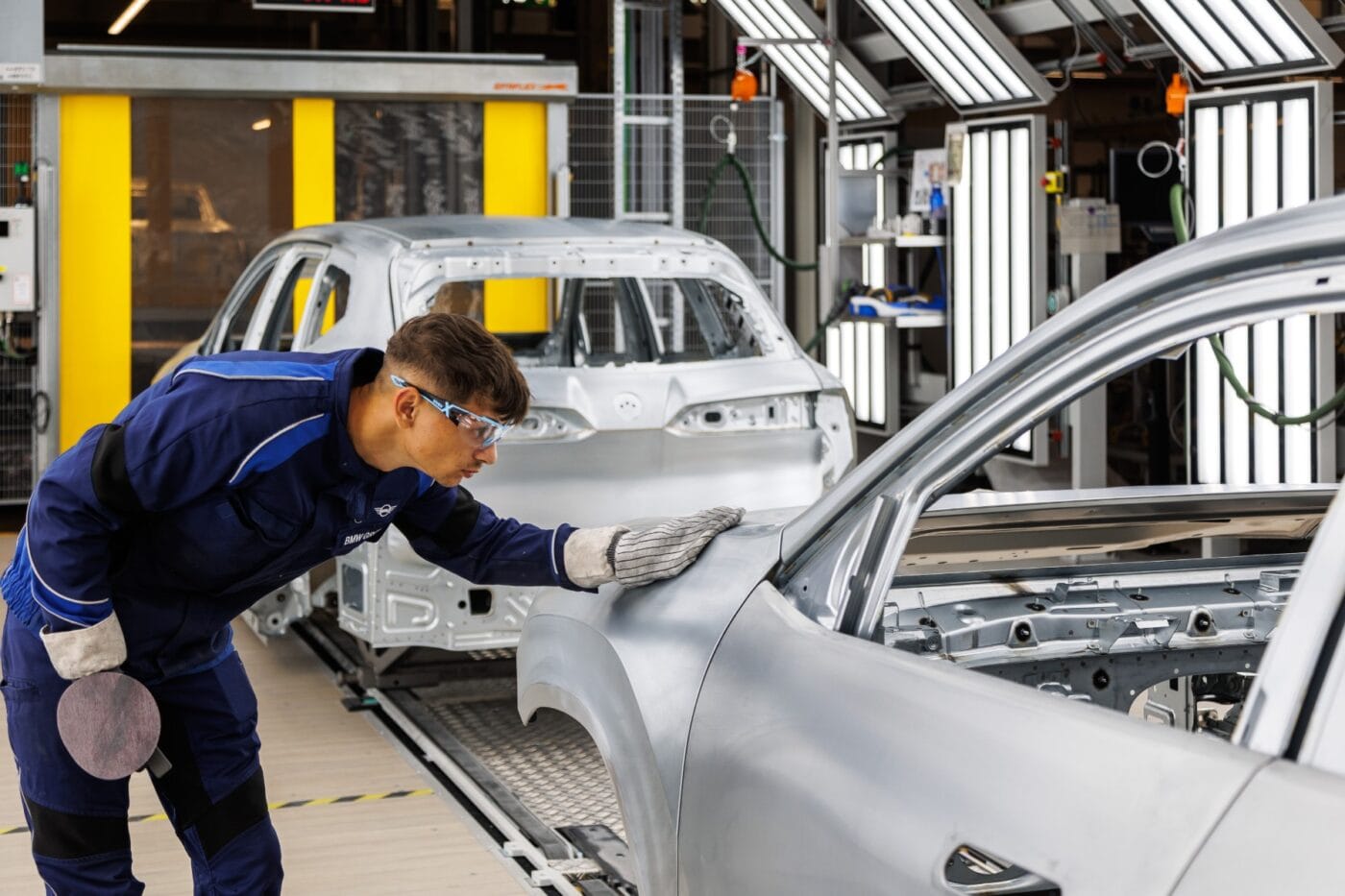
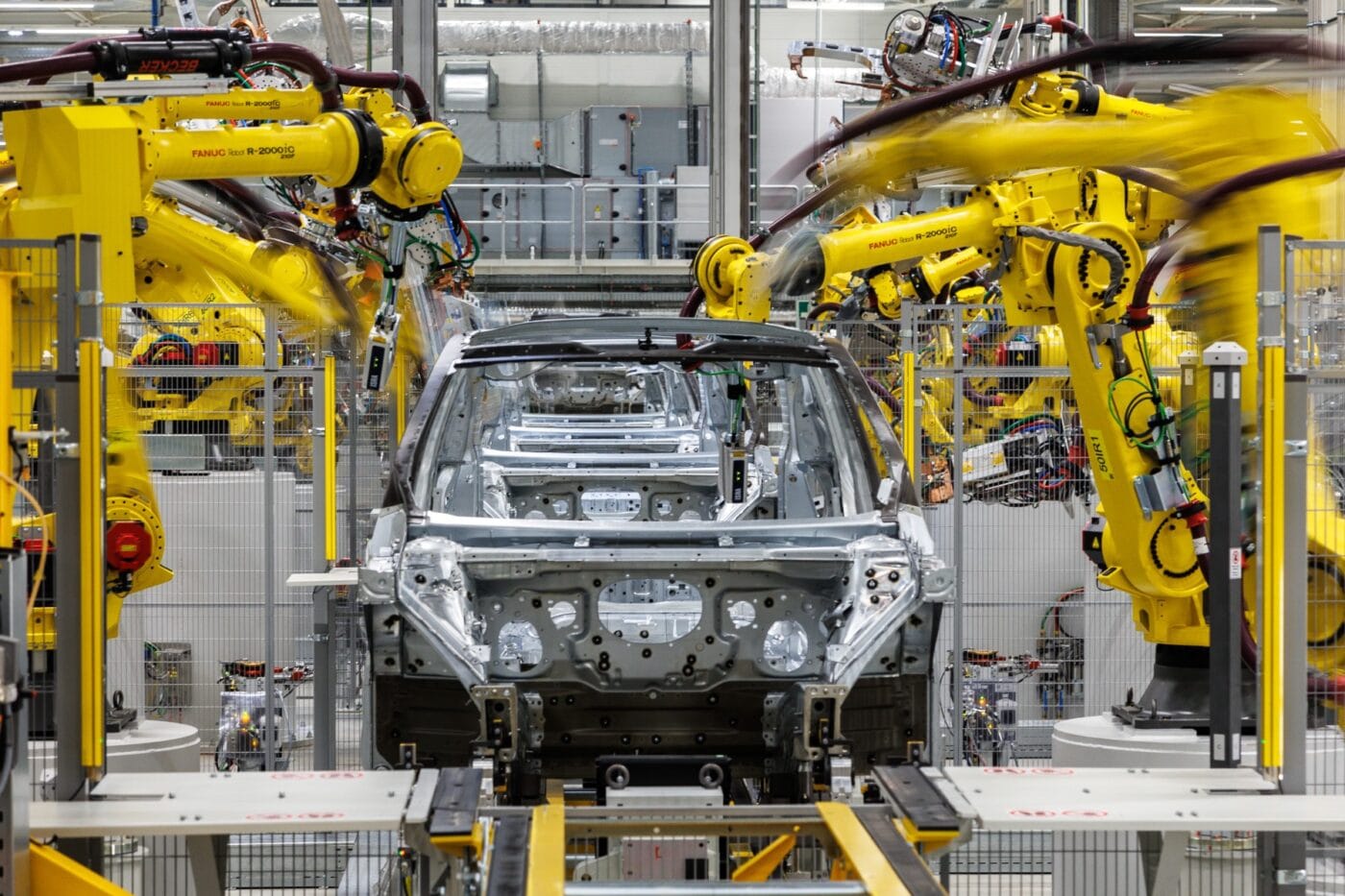
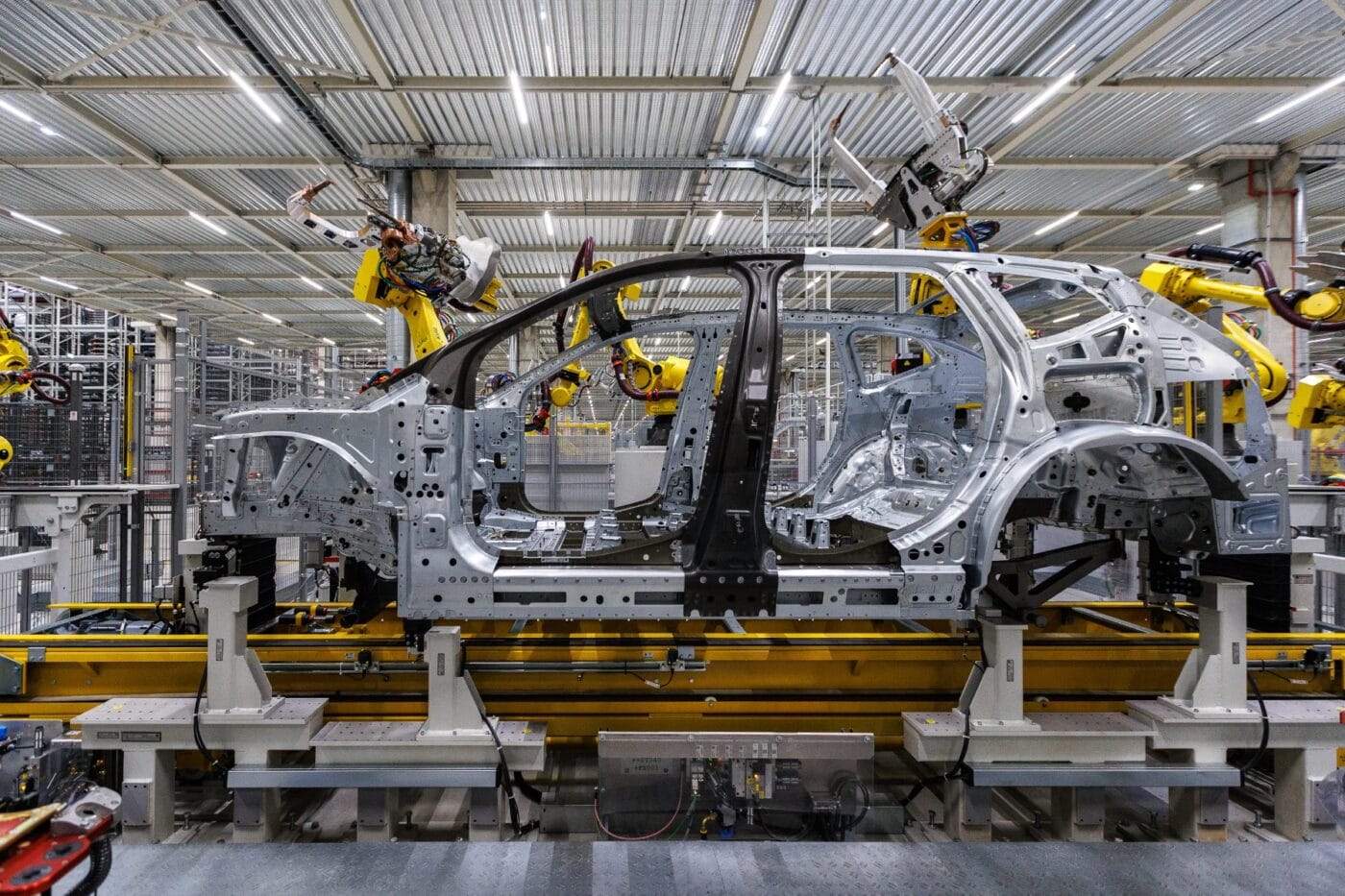
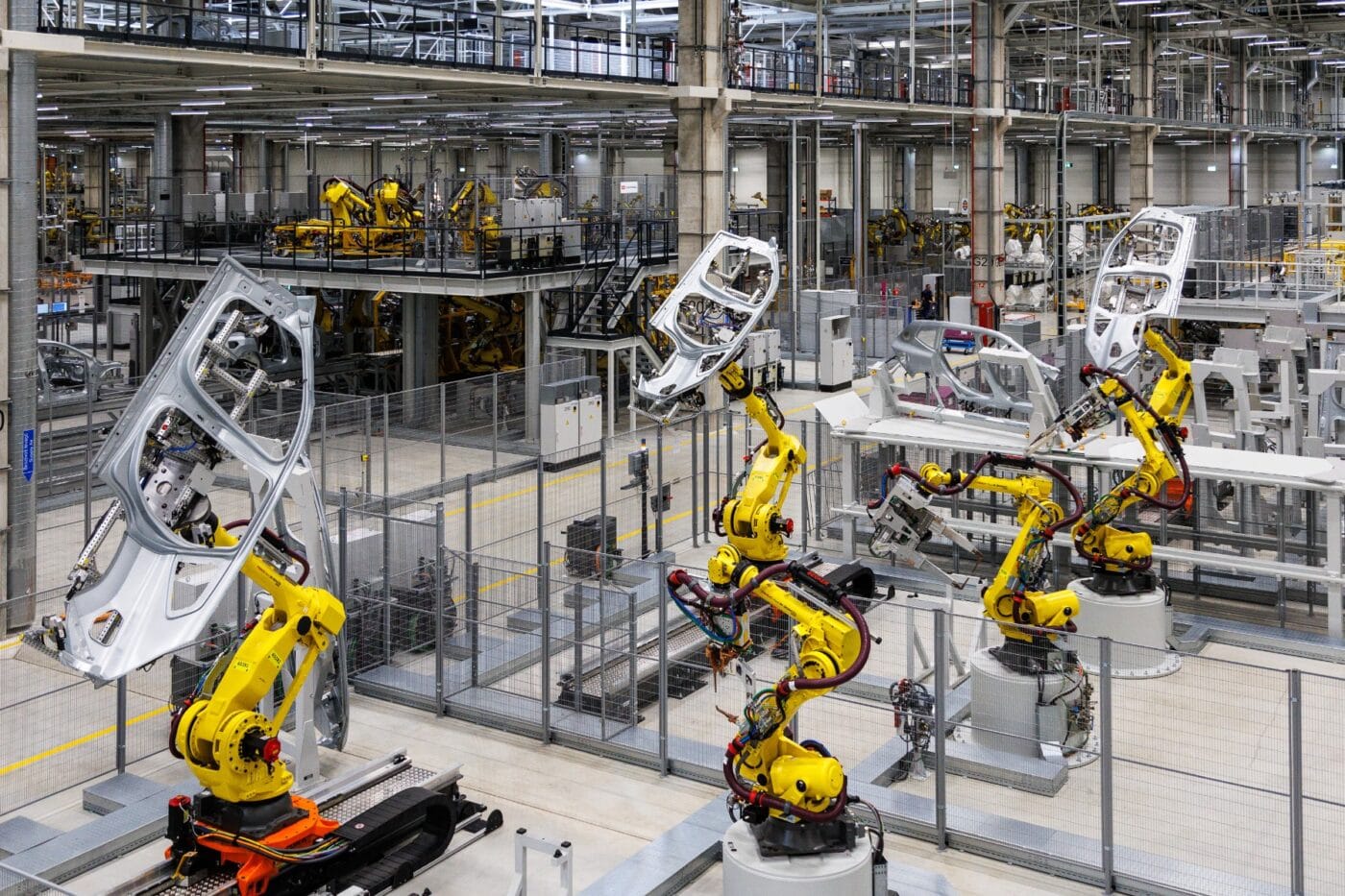
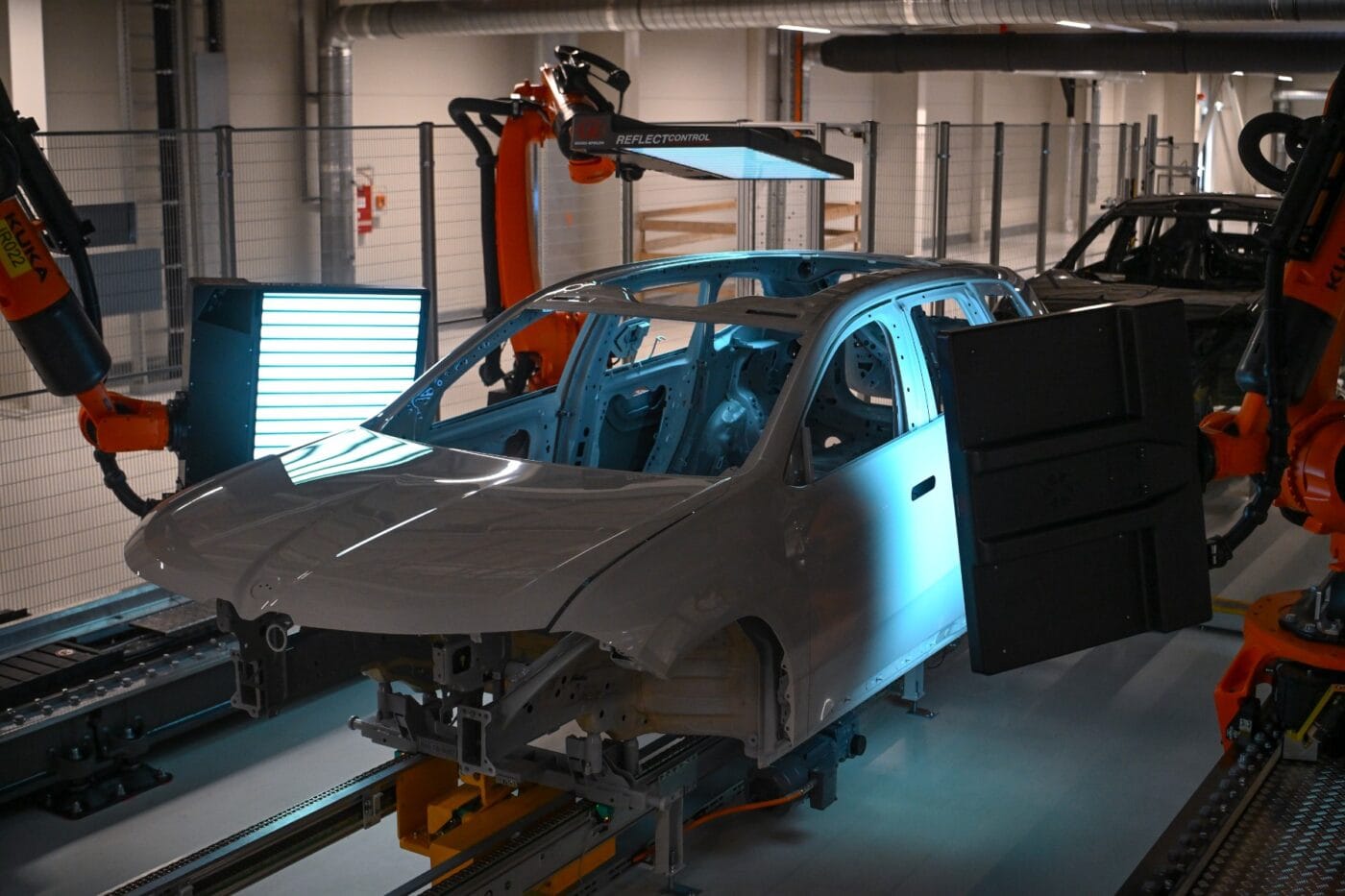
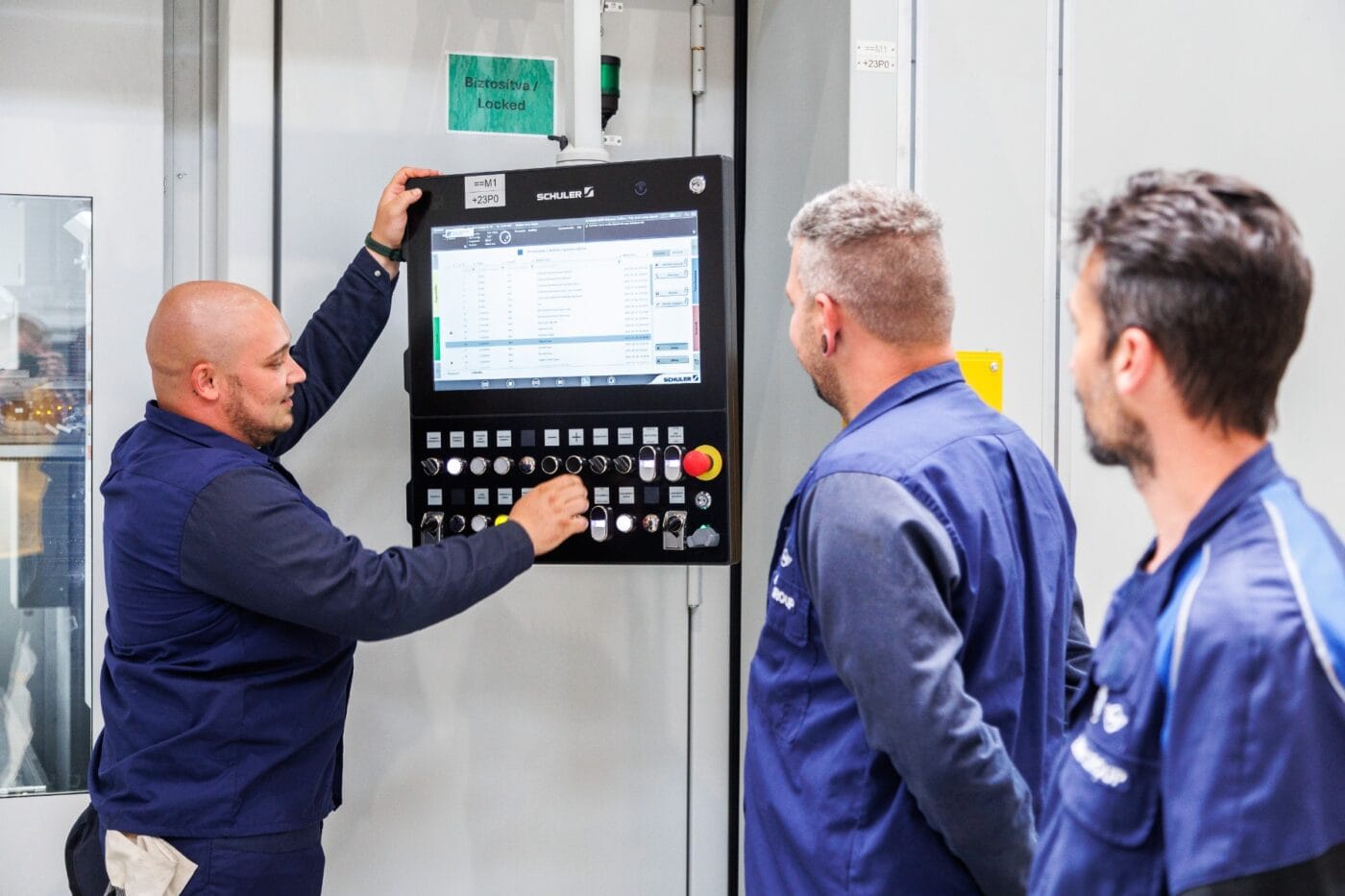
Here, too, production processes were tested at pilot sites and transferred digitally to Debrecen. AI-driven defect detection and digital twins make BMW’s “zero-defect approach” possible. On-site assembly follows BMW’s “local for local” principle, with packs transported directly to installation points.
“A new era of automotive manufacturing”
BMW highlights the plant’s significance for its electrification roadmap. Between now and 2027, BMW plans to integrate Neue Klasse technologies into 40 new models and model updates. With over 2,000 employees trained across BMW’s global network, Debrecen serves both as a launch site for the iX3 and as a knowledge hub for rolling out the Neue Klasse worldwide.
“The start of series production for the BMW iX3 signals a new era of automotive manufacturing. Our new plant in Debrecen has been designed and built fully in line with our strategic vision of the iFACTORY,” said Milan Nedeljković, member of the Board of Management of BMW AG responsible for Production.
Hans-Peter Kemser, head of BMW Group Plant Debrecen, emphasised the challenge: “We have taken on the challenge of building a completely new vehicle as the first job at an entirely new plant – and doing so in the leanest, most efficient way possible.”

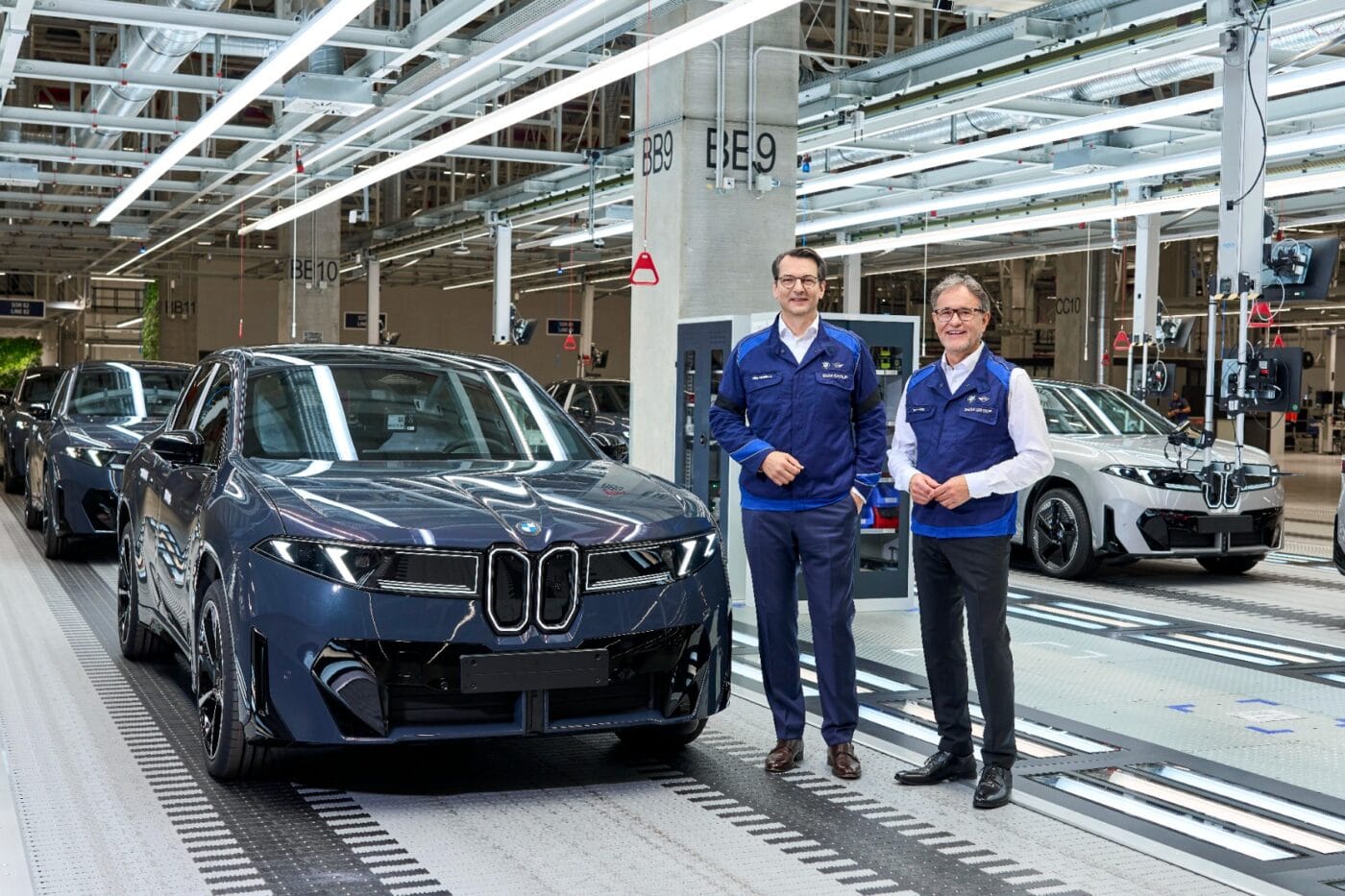
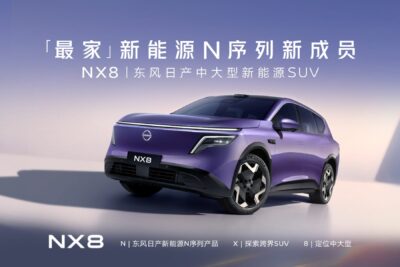
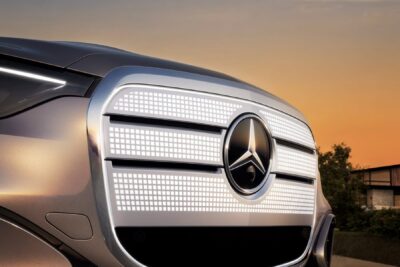
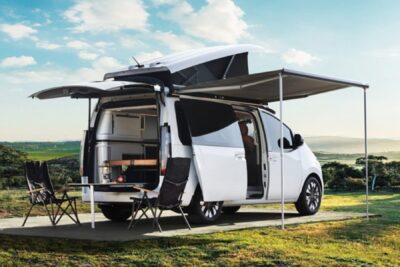
0 Comments